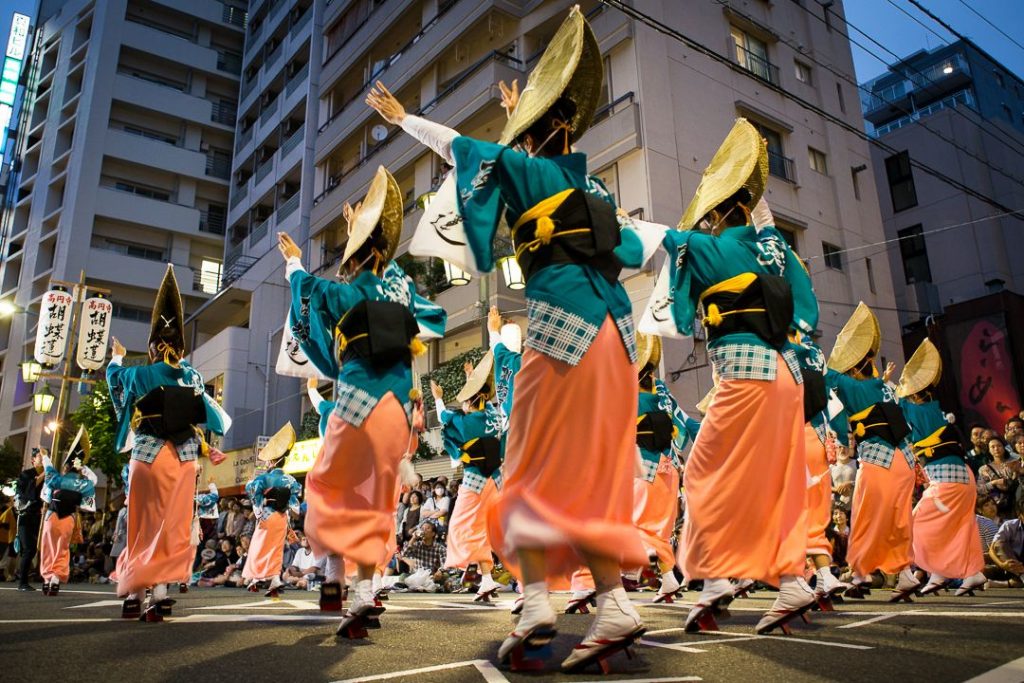David Ishikawa restarted his career as a UI/UX designer in Japan exactly where he wanted after completing a six-month Japanese language course.
David first came to Japan in 2004. He stayed in Tokyo and Osaka for business and sightseeing and immediately fell under the country’s spell.
I’m not alone in this thought, but I’m interested in Japan’s very unique contrasts. It’s fascinating to find technology and tradition both present and accessible.
After his first trip, he started visiting Japan once a year for work. Before coming to Tokyo to work as a UI/UX designer, David worked for five years in Norway. His move to Japan was set in motion when he met his future wife, a Japanese national, during a visit in 2014. He decided to move to Japan when they got married.
I was worried at first because I didn’t have a job; and when I started living there, I was often at a loss as to what I felt were differences in culture and custom. I was particularly surprised by the shikikin-reikin (‘security deposit’ and ‘key money’) system in renting a home. Also I have a feeling that Japanese businesses do not actively pursue the improvement of user experience. It’s as if point cards cover everything (laughs).
When David started living in Japan, he immediately went on a search for work. But he quickly realized that his job options were limited by his inability to speak Japanese. So he resolved to learn the language. He started looking for Japanese language schools on the Internet; then he looked into their coursework, tuition, and checked out reviews; and finally, he narrowed down a list of schools that interested him.
Coto Japanese Academy was actually the third school on my list. But after having visited a number of schools, I decided on Coto because of its flexibility, learning environment and small class size.
The class sizes were too large at the schools that initially interested him. Or they were suited to Asian language speakers. He felt the pace at Coto to be much better as kanji was a particularly difficult writing system for him.
How did David feel after completing a six-month Japanese language course at Coto?
It’s really incredible how well I can speak Japanese now. When I couldn’t speak Japanese, I felt like I had this impairment that prevented me from living without someone else’s help. The world has opened up now that I can communicate in Japanese. I’ve met new people and had new experiences: I feel as though a number of doors have opened up to me.
David says that the friends he made after coming to Japan are also surprised by how far he has come. While six months seemed like a long time, he found the abundance of great teachers, and the manner by which they rotated according to one’s course, to be a great motivation.
Upon completing his six-month course, David landed a job that provided a better working environment for engineers than he previously imagined possible. To tell the truth, he says he started working at a startup when he first moved to Japan, but there he felt the difference between Japanese and American business culture.
I heard Japanese companies are always top-down: decisions are always made by the higher-ups, and everyone has to follow. I felt this to be true even at a startup. Of course, not every company is like this; but the relationship is more flat in America, and there’s an environment in which everyone contributes ideas.
He interviewed at various Japanese IT businesses. And while he kept encountering this top-down culture, the company that hired him was different. This was an environment that welcomed new ideas; instead of a top-down relationship amongst the bosses and other employees, there was a relationship that provided mentorship and guidance. He felt he could learn a lot here.
Finally, we asked David to share some advice for people who would like to come to work in Japan like he does.
First, find an opportunity to network with people in the industry you’d like to work in, then study Japanese. It’s always beneficial to know Japanese. Even if you are an engineer, it will help you fit in culturally and improve your relationships with your Japanese co-workers. Also I think that if you can’t speak Japanese, there will be fewer opportunities to advance in your company. And I think that programmers with little experience will need to get used to this top-down approach.
David is also a writer and photographer for Tokyo Cheapo, where he produces dispatches on technology and related fields. We look forward to seeing where he will turn up next!
